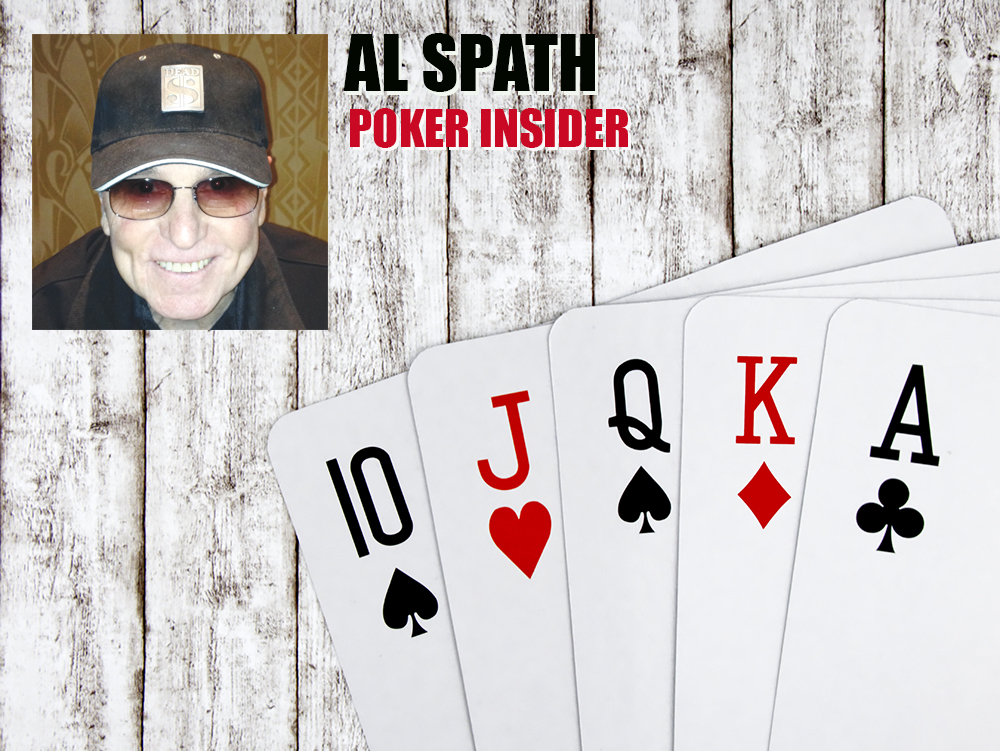To influence opponents, the size of your stack matters a great deal. How deep you or opponents are should dictate the size of your bet and the anticipated action you may receive. It’s also critical in tournaments for you to calculate the ratio of the blinds to the shorter stack in the hand and yourself.
There will be three categories of stacks to identify: short, medium and big.
A short-stacked player normally has 10 or fewer big blinds remaining, while a medium stack falls between 11-50 times the big blind. The big stack 50-plus times the big blind.
Position associated with a small stack is usually inconsequential, as you will be betting your stack preflop or on the flop.
You will stand the greatest chance of winning and doubling up when you enter the pot first, holding a pair or Broadway face cards.
If you enter the pot with a small or medium pair, you should not expect to improve your hand. When holding cards that aren’t strong, it’s in your best interest to try to reduce the amount of opponents as much as you can.
You would be fortunate to create a heads-up showdown situation.
With a medium stack, the urgency to get involved and committed into a hand is diminished. You’re not faced with the prospects of making a stand or quickly committing the remainder of your chips.
Having some wiggle room allows you to raise, seeking an advantage, yet enables you to release a holding (you are not pot-committed), to a significant reraise or hefty all-in move by a bigger stack.
Medium-stack players look more to not getting involved and pass on many hands, so notice their play; it’s important. Usually when they commit, they’ll commit with an all-in bet.
Position becomes an essential factor on all betting rounds when afforded a big stack.
With a big stack, position allows you to evaluate the bets by others (size relationship to the pot), calculate pot odds, choose who you want to play against (you might not play a hand, seeing a solid/aggressive player reraise the pot, before your turn to bet.
— Al Spath is the former Dean at Poker School Online and continues to teach poker online and live. His free YouTube Poker Channel (Al Spath) has hundreds of instructional videos to view. Al’s live broadcasts are on TwitchTV: follow (PositivePokerInsiders). Contact Al directly at alspath@alspath.com with questions coaching inquires.



